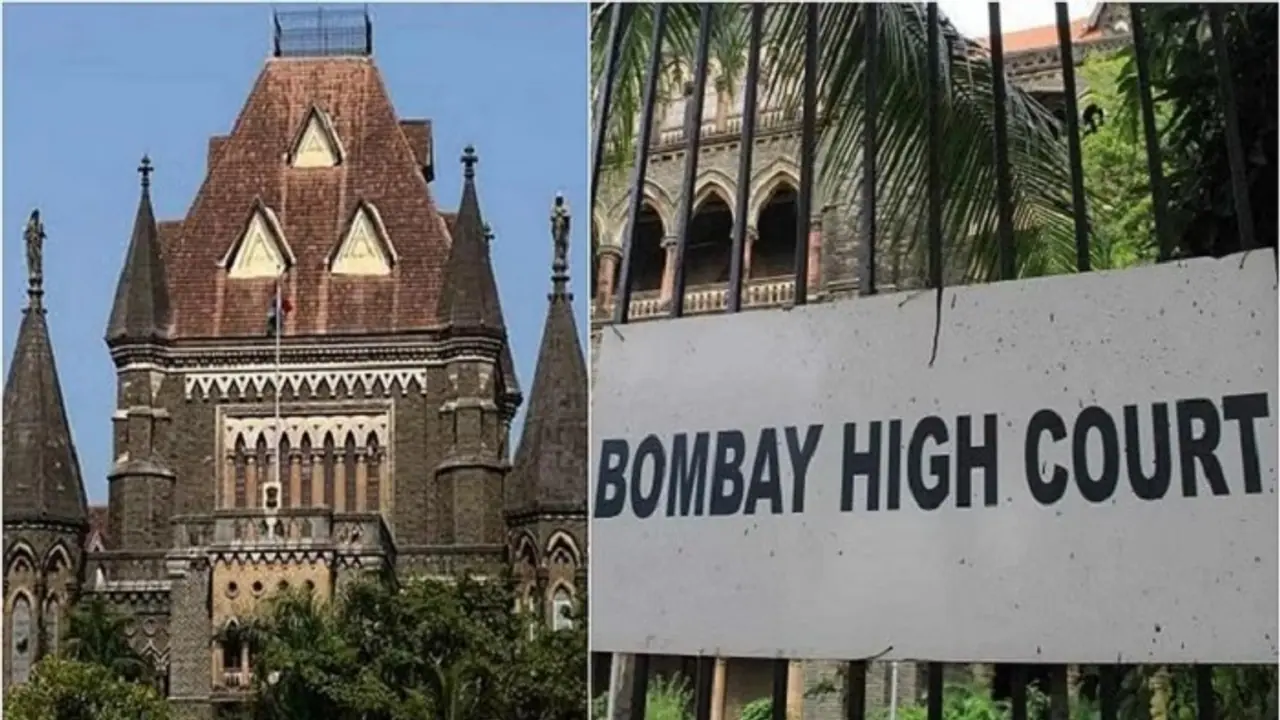The college had rusticated her, barring her from writing exams. They claimed that the post had brought 'disrepute' and indicated that she harboured "anti-national sentiments", posing a "risk to the campus community and society."
Mumbai: The Bombay High Court has criticised the Maharashtra government for arresting a 19-year-old engineering student over an Instagram post about Operation Sindoor. The woman, who studies at Sinhgad Academy of Engineering in Pune, had re-shared a post that criticised the Central government’s handling of the India-Pakistan issue.

The college had rusticated her, barring her from writing exams. They claimed that the post had brought 'disrepute' and indicated that she harboured "anti-national sentiments", posing a "risk to the campus community and society." She challenged this decision stating that the action taken against her was arbitrary and unlawful.
Hearing the petition on Tuesday (May 27), a Bench of Justices Gauri Godse and Somasekhar Sundaresan allowed the student to appear for the exams and came down heavily on the state government and the institute. The court added that the student should be released as she had already faced rustication from the college.
"What is this? You are ruining the life of a student? What kind of conduct is this? Somebody expresses something you want to ruin the life of the student? How can you rusticate? Did you call upon an explanation? What is the purpose of an educational institution? Is it only to educate academically? Do you need to reform a student or make a student into a criminal? We understand you want to take some action but you cannot refrain her from taking exams. Let her appear for the remaining three papers," LiveLaw reported the court’s observations.
When the state argued that the rustication was made keeping ‘national interest’ in mind, the court said, “What national interest? She has already faced the consequence. She has apologised and clarified her intention. You need to reform her and not convert her into a criminal. What does the State want? It doesn't want the students to express their opinions? You want to convert students into criminals?" The bench added that such incidents [arrest, rustication] would only radicalise people.
The state then argued that the student should appear for the exams with police protection, however it was rejected by the court. “She isn’t a criminal. She has to be released. She cannot be asked to appear for the exams with police around her,” the court added.


